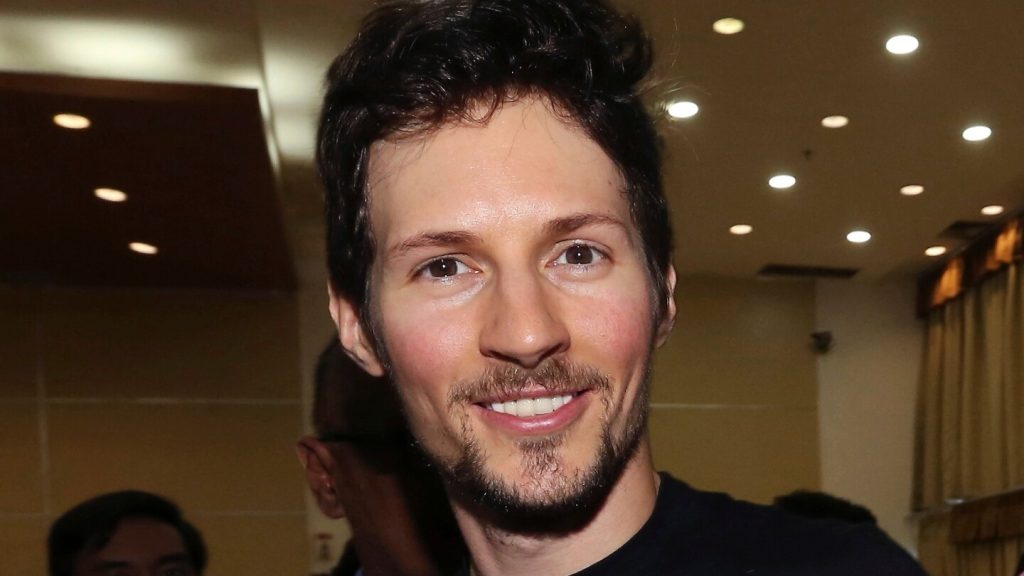French authorities have charged Telegram CEO Pavel Durov with complicity in managing an online platform allowing illicit transactions by an organized group. Durov was detained and released after four days of questioning, with orders to pay 5 million euros bail and report to a police station twice a week until further investigation. The allegations against him include facilitating child sexual abuse material and drug trafficking, and refusal to cooperate with investigators. While Durov denied any criminal involvement, prosecutors stated he is the only person implicated in the case at this stage.
The investigation into Telegram began earlier this year due to the platform’s lack of response to judicial requests for data, especially related to crimes against children, prompting French authorities to take action. Durov’s arrest has sparked outrage in Russia and Iran, with some government officials alleging political motivations and praising France’s strict stance against internet governance violations. In response, French President Emmanuel Macron emphasized that Durov’s arrest was part of an independent investigation and not politically motivated. Telegram, on the other hand, expressed its commitment to complying with EU laws and improving content moderation standards.
Durov, who holds citizenship in Russia, France, the UAE, and St. Kitts and Nevis, founded Telegram after facing pressure from Russian authorities over his previous social networking site. He sold his stake in VKontakte amidst government crackdowns following pro-democracy protests and has since been a vocal advocate for user privacy. Telegram gained popularity in Russia and Ukraine as a secure communication platform, particularly during times of political unrest and conflict. While Western governments have criticized Telegram for its lack of content moderation, the platform remains a vital source of news and information for users across different regions.
The UAE Foreign Ministry has expressed support for Durov and requested consular services from France in his defense, highlighting the complexity of the case given his multiple citizenships. The Kremlin has also stated readiness to assist Durov as a Russian citizen facing legal challenges. Despite facing opposition from various governments, Durov and Telegram continue to operate globally, with nearly a billion users relying on the platform for communication and information. The case against Durov raises important questions about internet governance, freedom of speech, and the responsibilities of social media platforms in preventing criminal activities online.


